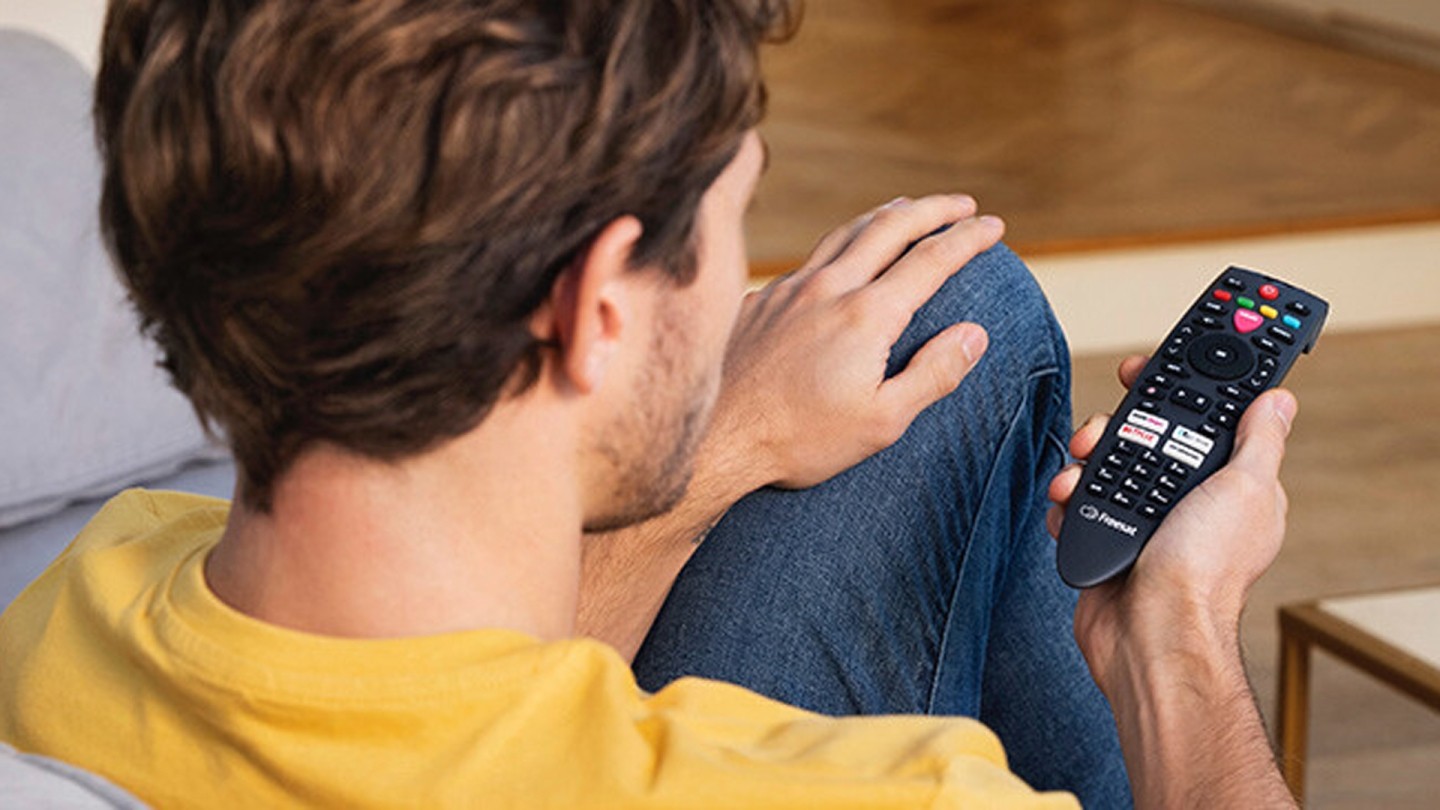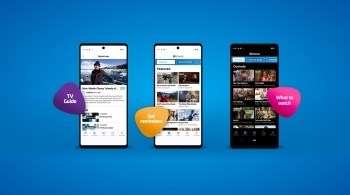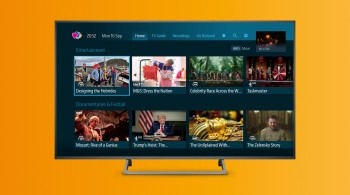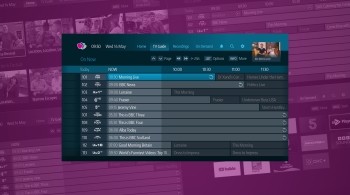Whether you're binge-watching your favourite shows online or catching up with live telly, understanding how TV licences work is pretty important. So, let’s cover the basics of TV licences, including what they are, how much they cost, what you can't watch without one, and why having a TV licence is worth it.
What is a TV License?
TV licences exist to fund public broadcasting services and are a legal requirement to watch any linear broadcast live. In other words, if you want to watch the footie live, you’ll need a TV licence.
The revenue generated from TV licences is used to support the production of high-quality programmes, maintain broadcasting infrastructure, and promote cultural diversity. This makes sure viewers like you can enjoy a wide range of content, including educational programmes, news, and entertainment. In other words, TV licences keep the telly you love on your screens.
For more information, check out the official TV Licensing website.
What can't you watch without a TV Licence?
Without a valid TV licence, you may face restrictions on watching or recording live television broadcasts. Here are the key things you need to know:
Live TV Broadcasts: You need a TV licence to watch any live telly. Any programme that's simultaneously aired on a television channel, be it news, sports, or entertainment, falls under this category.
BBC iPlayer: If you're in the UK, having a TV licence is typically required to access its online streaming services, such as the BBC iPlayer. This applies to both live broadcasts and catch-up content.
Recording: Without a licence, you also can’t record live broadcasts to watch later.
It's worth noting that a TV licence is not required in the UK for non-live streaming services like ITVX, Channel 4, Netflix, Prime Video, or other subscription-based platforms. BBC iPlayer is the only streaming service you need a TV licence for – however, you can’t watch anything live on other On Demand apps.
How much does a TV Licence cost?
In the UK, the current cost of a standard colour TV licence is £174.50 per year for households watching or recording live television broadcasts. This fee helps finance the British Broadcasting Corporation (BBC) and its channels, radio stations, and online platforms. That’s why you don’t see any commercial ads on the BBC.
You can spread this cost out by paying monthly or quarterly by Direct Debit. If you choose to pay monthly, you’ll pay around £29.10 a month for the first 6 months, and then just £14.54 a month after that.*
There are a few other payment options depending on your circumstances, such as if you only need a black and white license which is cheaper at just £58.50 a year. You may also qualify for a free TV license if you're aged 75 years or older and receiving pension credit, or a 50% concession if you're severely sight impaired.
Find out more about getting set up and how to pay for your TV licence.
* Price and regulations accurate at time of writing (26.08.2025)
Is having a TV Licence worth it?
Now that we've covered the basics, let's look at why having a TV licence is worth it:
Supports Public Broadcasting: TV licences help sustain public broadcasting services on the BBC, which aim to serve the public interest. These services give us unbiased news coverage, educational programmes, and culturally significant content.
Ad-Free Viewing: Public broadcasters like the BBC also operate without commercial advertising. This means you can enjoy uninterrupted viewing without frequent interruptions for advertisements, allowing you to immerse yourself in the content without distractions.
Promotes Local Content: TV licence fees contribute to the creation of local content and support local talent.
What happens if you don’t have a TV licence?
You don’t need a TV licence to watch telly if you’re only watching catch-up on platforms such as ITVX, Channel 4, Netflix or Prime Video.
However, to watch anything on BBC iPlayer or any live broadcasts (even if you’re watching live via an On Demand app), you’ll need a TV licence.
You also can’t record live broadcasts to watch later.
If you’re found to be watching live broadcasts or iPlayer without a licence, you’ll risk going to court and a potential £1,000 fine.
To sum up, getting a TV licence comes with some great perks! You get access to top programming, support public broadcasting, enjoy ad-free viewing, promote local content, and contribute to meaningful public service initiatives. It also means you can enjoy all the telly you love, both live and on BBC iPlayer. Just remember to stay in the loop about the specific rules and costs in your area so you can keep enjoying your favourite shows hassle-free.
Find out the latest information on TV Licences on the official website www.tvlicensing.co.uk.



